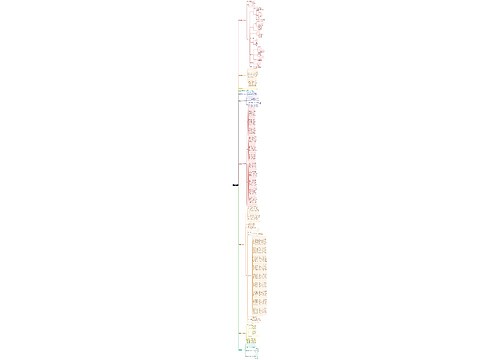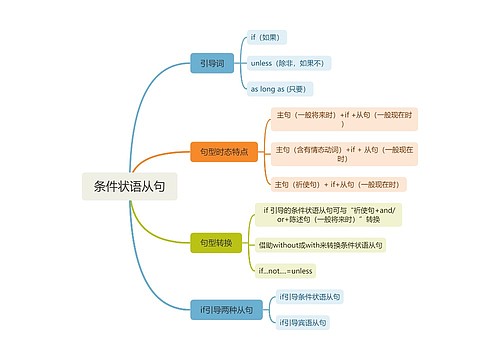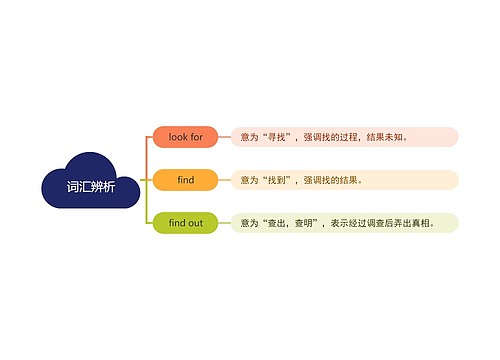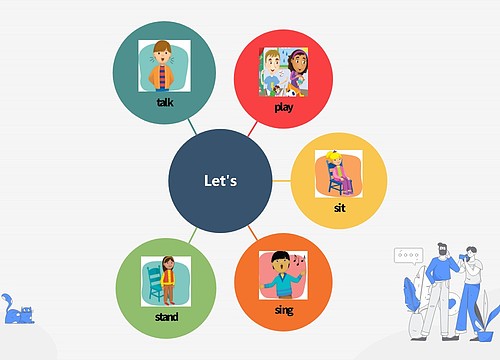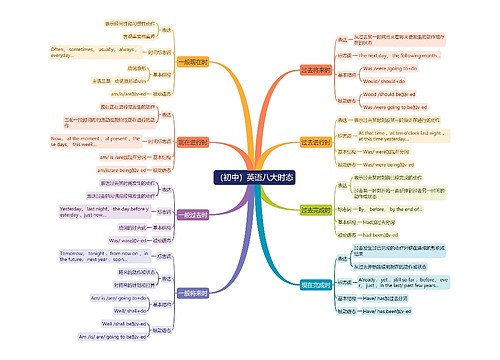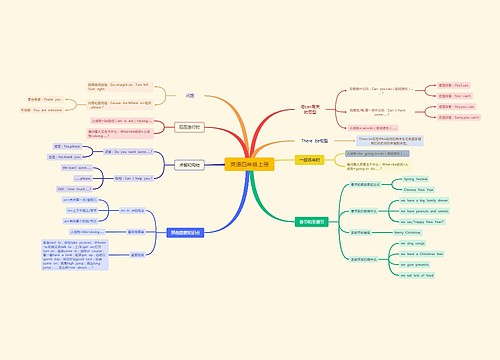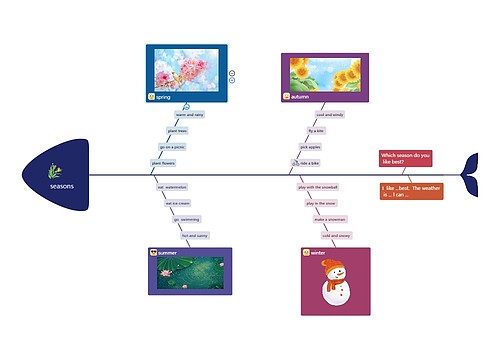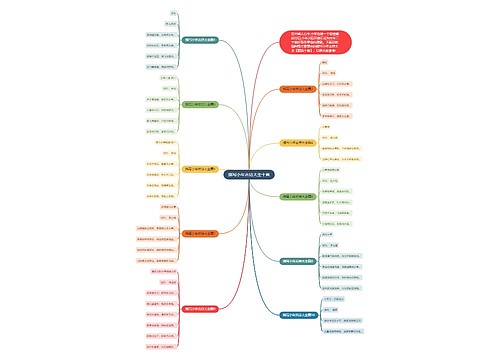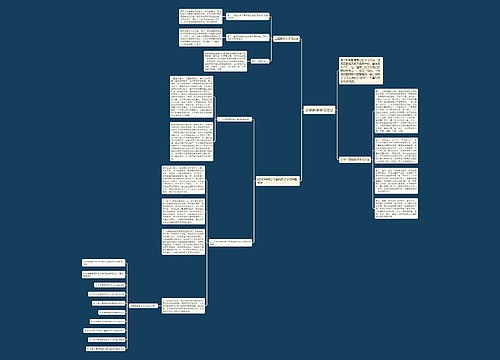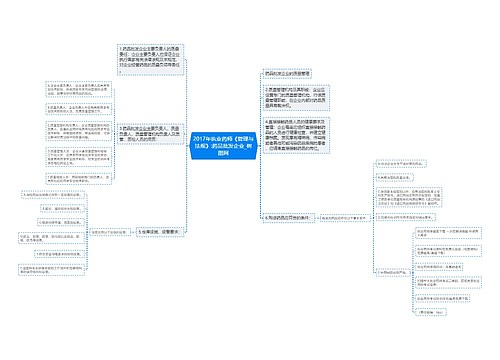听下面5段对话或独白。每段对话或独白后有几个小题,从每题所给的a,b,c三个选
项中选出选项,并标在试卷的相应位置。听每段对话或独白前,你将有时间阅读各个小
题,每小题5秒钟;听完后,各小题将给出5秒钟的作答时间。每段对话或独白读两遍。
6.for which day did the man book a room finally?
a. april 22nd. b. april 21 st. c. april 23rd.
7.how much will the man pay for the room?
a. 100 dollars. b.99 dollars. c.108 dollars.
8.why doesn’t the man book the seats downstairs?
a. it’s too expensive. b. it’s too crowded. c. it’s too far.
9.when does the man plan to see the performance?
a. next saturday. b. on october 21 st. c. on october 25th.
10.how much does each upstairs ticket cost?
11.what is the possible relationship between the two speakers?
c.saleswoman and customer.
12.where does tom brown work now?
a.the spanish department.
b.the jones at french company.
13.which language do you think kathy smith teaches now?
a. german. b. spanish. c. french.
14.where does the conversation take place?
b.at an airport ticket office.
15.where was the woman’s money probably stolen?
b.on the moving stair from the underground.
c.around the police station.
16.what’s the woman doing in the city?
17.what was children’s education like in the past?
a.children liked to sit in the classroom for hours.
b.children had to go on repeating things until they could learn them by heart.
c.children could think and learn by themselves.
18.what do we learn from the passage?
a.children today like staying in school.
b.some children today hate to get out of the classroom when the teachers ask them to.
c.something should be done to encourage children to learn by themselves.
19.why can’t some of the children find jobs?
a.they are too young to do so.
b.their parents won’t allow them to do so.
c.the teachers won’t help them do so.
20.what do many teachers consider?
a.wondering if they can make children learn.
b.wondering if children can learn by themselves.
c.wondering what they should do to help children learn.
选做题:听第10段材料,用恰当的词填空,完成第17至20题。
children's education is changing very 17 today. in the past, children were made to 18 for hours. they were made to 19 all sorts of things. in other words, children had to go on repeating things until they knew them by heart. today children should be encouraged to 20 things themselves.

 U281888573
U281888573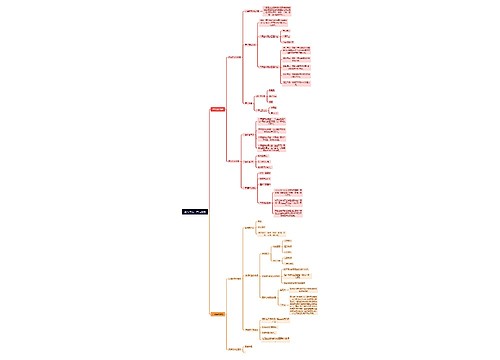
 U380994165
U380994165